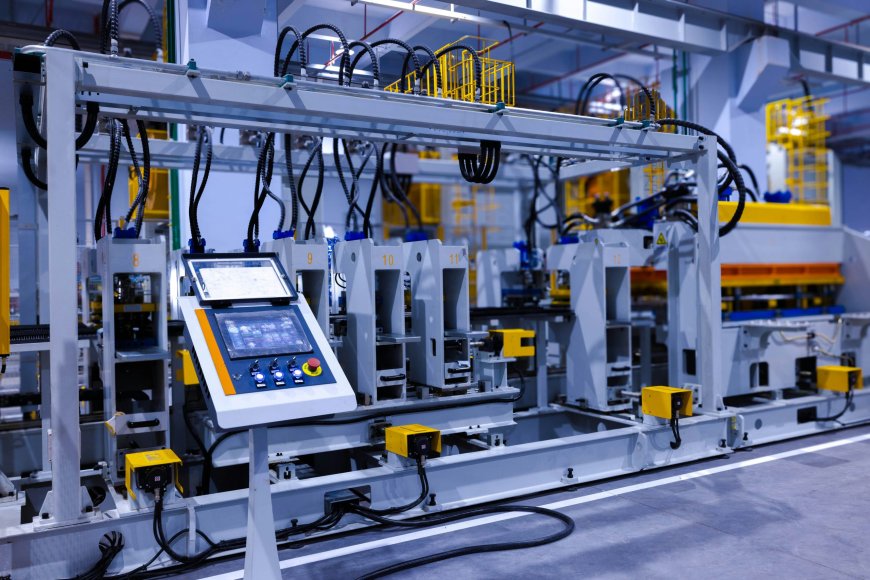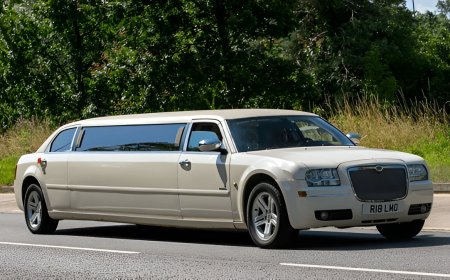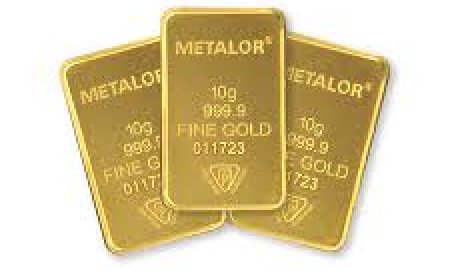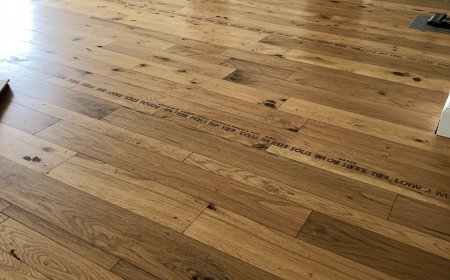Aluminum vs. Steel: Which Metal Is Best for CNC Machining?

In the world of CNC machining, selecting the right material is just as critical as the machine itself. Two of the most commonly used metalsaluminum and steelare often at the center of this decision. While both are widely available and versatile, each comes with its own strengths, weaknesses, and ideal applications.
So which metal is best for your next CNC machining project? Lets dive deep into a comparison of aluminum and steel in terms of machinability, strength, cost, weight, corrosion resistance, and more to help you make an informed choice.
1. Machinability: Which Cuts Better?
Aluminum is known for its exceptional machinability. It is soft, easy to cut, and doesnt cause excessive wear on cutting tools. This means faster machining times, smoother finishes, and lower tool replacement costs.
Steel, especially carbon and alloy steels, is harder and more abrasive. Machining steel often requires more robust tools, higher cutting forces, and slower feed rates. While stainless steel adds corrosion resistance, it also increases machining complexity.
? Winner: Aluminum Ideal for projects where speed and tool longevity matter.
2. Strength and Durability
Steel clearly outperforms aluminum in tensile strength, hardness, and impact resistance. This makes it a preferred choice for structural components, heavy machinery, and load-bearing applications. Steel also retains its shape better under heat and stress.
Aluminum, while strong for its weight, cannot match steels load capacity. However, aerospace-grade aluminum alloys like 7075-T6 offer impressive strength for lightweight applications.
? Winner: Steel Best for high-stress, industrial, and structural uses.
3. Weight Considerations
Aluminum is approximately one-third the weight of steel, making it the go-to metal for weight-sensitive industries like aerospace, automotive, and electronics. Its lightness also reduces shipping costs and improves fuel efficiency in mobile applications.
Steel, while denser and stronger, is heavier and adds significant weight to any design.
? Winner: Aluminum Optimal for projects requiring lightweight components.
4. Corrosion Resistance
When it comes to resisting corrosion, aluminum naturally forms an oxide layer that protects it from moisture and most environmental conditions. This makes it ideal for outdoor, marine, and clean-room applications.
Stainless steel also offers excellent corrosion resistanceespecially 316-grade, which is used in marine and chemical environments. However, mild steel and carbon steel can rust quickly unless coated or treated.
? Tie Aluminum for general environments; Stainless steel for harsh or marine exposure.
5. Cost and Availability
Mild steel is generally cheaper than most aluminum alloys in terms of raw material cost. However, due to the higher machining time and tool wear associated with steel, the overall cost of production may rise.
Aluminum may be more expensive per pound, but its ease of machining can reduce production time, energy consumption, and tool replacementleading to a lower total cost for many jobs.
? Winner: It depends Steel is cheaper in raw form; aluminum often wins in production cost efficiency.
6. Surface Finish and Aesthetics
Aluminum can be easily anodized for a clean, modern look, with added corrosion resistance and color options. Its surface finish tends to be smoother, which is ideal for cosmetic applications.
Steel, while strong and tough, may require additional polishing or coatings to match the aesthetics of anodized aluminum. Its often painted, powder-coated, or electroplated to improve appearance.
? Winner: Aluminum Preferred for consumer products and visible components.
7. Welding and Fabrication
In processes like Metal Sheet Fabrication, aluminum is trickier to weld due to its high thermal conductivity and low melting point. Special techniques and expertise are needed for high-quality welds.
Steel, on the other hand, is much easier to weld using common techniques like MIG or TIG welding, especially when working with structural parts and large assemblies.
? Winner: Steel Better suited for traditional welding and fabrication tasks.
8. Environmental and Recycling Factors
Both aluminum and steel are 100% recyclable. However, aluminum recycling consumes only about 5% of the energy used to produce new aluminum, making it incredibly eco-friendly.
Steel is also widely recycled, especially in the automotive and construction industries, but its energy consumption during processing is typically higher than that of aluminum.
? Winner: Aluminum More energy-efficient and sustainable when recycled.
Common Applications of Each Metal
| Application | Aluminum | Steel |
|---|---|---|
| Aerospace | Airframe parts, brackets, housings | Landing gear, actuators |
| Automotive | Engine components, wheels, lightweight frames | Chassis, suspension parts |
| Consumer Electronics | Laptop bodies, smartphone frames | Enclosures, internal supports |
| Medical | Prosthetics, surgical tools | Surgical implants, heavy-duty equipment |
| Industrial Machinery | Control panels, heat sinks | Gears, shafts, machine bases |
| Metal Sheet Fabrication | Panels, casings, frames (anodized) | Structural panels, industrial frameworks |
Which Should You Choose for CNC Machining?
The choice between aluminum and steel depends entirely on your application needs:
-
Choose aluminum if you need:
-
Lightweight parts
-
Fast machining
-
Aesthetic finishes
-
Corrosion resistance in general environments
-
-
Choose steel if you need:
-
High strength and toughness
-
Load-bearing capabilities
-
Welded or structural assemblies
-
Durability under high stress or impact
-
For hybrid projects, engineers often combine bothusing aluminum where weight matters and steel where strength is essential.
Looking for Expert CNC Machining or Fabrication Services?
No matter what metal you choose, having a trusted machining partner is key. Whether you're designing aerospace components, automotive frames, or industrial brackets, a skilled team with advanced CNC technology can make all the difference.
? Explore professional Metal Sheet Fabrication and CNC services here:
? https://cnc-machiningservices.com/service/metal-sheet-fabrication/
Their experienced team helps you select the right metal, optimize your design, and deliver precision-machined partson time, every time.
Final Verdict
In the Aluminum vs. Steel debate for CNC machining, theres no universal winner. Each metal brings unique qualities to the table. Your projects success hinges on balancing factors like strength, weight, cost, appearance, and corrosion resistance.
By understanding the capabilities and limitations of both metalsand partnering with experts in Metal Sheet Fabricationyoull be well-equipped to produce parts that perform, endure, and impress.






































